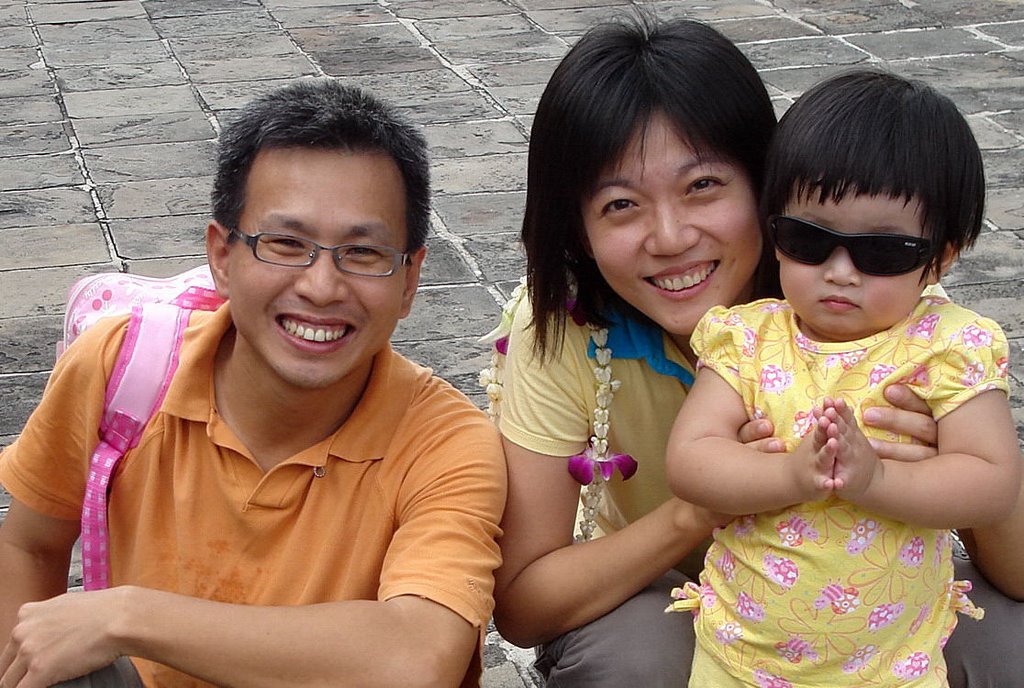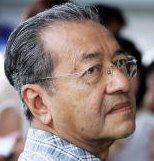
There's nothing new about Malaysia's massive brain drain woes, especially to neighbouring Singapore. Malaysia's
Tony Pua (pix from his blog) wrote about it eloquently in an article that was first published in the country's
New Straits Times. The article subsequently appeared in Singapore's The Straits Times.
What Tony said is true. He lamented at how the Malaysian economy is marginally bigger than resource-scarce Singapore although the island is 480 times smaller than Malaysia. He pointed out that while Malaysia’s economy of US$130 billion is still larger than Singapore’s US$117 billion, the latter is only smaller by some 11 per cent.
"And if the rate of growth currently experienced in both countries persists for the next decade, then our tiny neighbour could soon boast a larger economy than Malaysia," Tony wrote.
He said that it all boils down to one simple single factor — human capital. Or more precisely, Singapore's "near compulsive obsession" with human capital, both in terms of enhancing its local citizenry as well as attracting the best foreign talent. This, Tony said, has probably resulted in Singapore having the highest concentration of top brains per square foot in the region, if not the world.
Tony should know Singapore well. He founded Singapore-listed IT company Cyber Village and is now the economic adviser to Lim Guan Eng, who is the secretary-general of Malaysia's opposition party
Democratic Action Party.
But what was not mentioned explicitly in the article was Malaysia's race-based policy known as the
bumiputra policy. The point was probably left out deliberately to help avoid stirring the hornet's nest in Malaysia, which is always emotionally charged when it comes to racial and religious issues.
The bumiputra policy, which was aimed at improving the livelihood of the predominant Malay community after the racial riots in 1969, has simply alienated many non-Malays in the country. The policy has persisted until today although the social re-engineering policy was supposed to have a shelf life of twenty years.
It's therefore unsurprising that many Malaysians -- especially Chinese and Indians -- have moved to Singapore and elsewhere. Some have given up their Malaysian citizenship, as mentioned in Tony's article.
Tony -- who has a degree in Philosophy, Politics & Economics from Oxford University --correctly pointed out that Malaysia must do more to boost the "all-important qualitative element of uncompromising search for the best-qualified educators and an education policy which rewards academic rigour, critical thinking and analytical intelligence."
But will the Malaysian government do so? I doubt it despite all the rhetoric.
After so many years, there is still a lingering feeling that the Malay political leadership sees the outflow of Chinese and Indians to Singapore and elsewhere not as a brain drain.
The outflow of well-educated non-Malays is probably still seen as a "trouble drain; it drains trouble out of Malaysia," as quipped by the late Malaysian PM Tun Razak in the 1970s. The quote was captured in former Singapore PM Lee Kuan Yew's memoirs.




